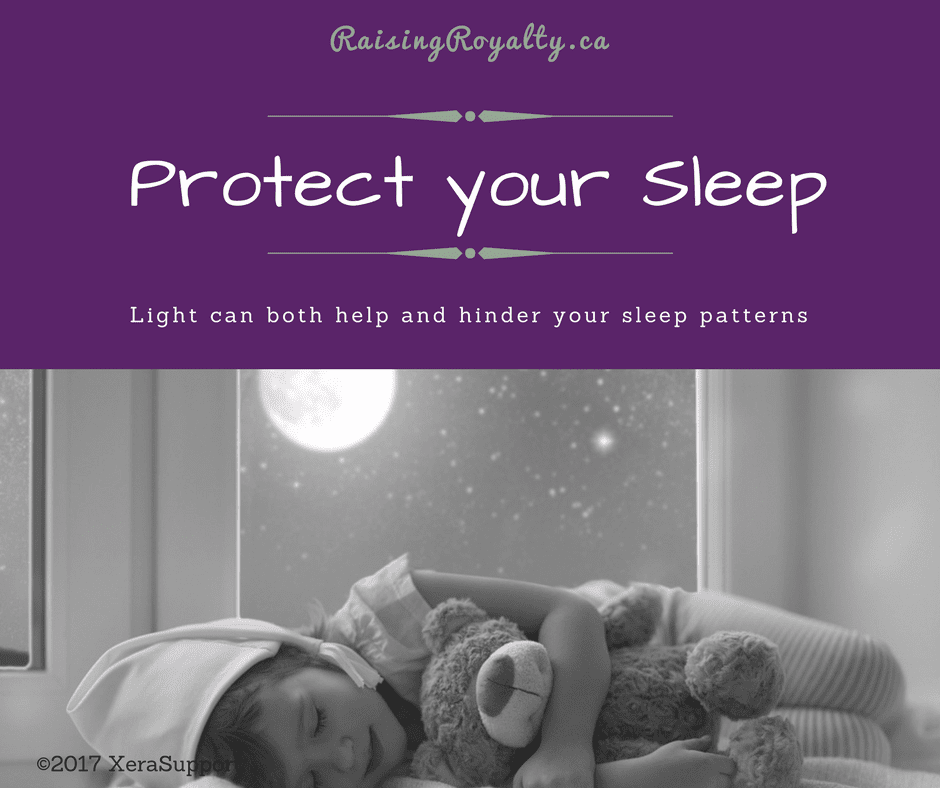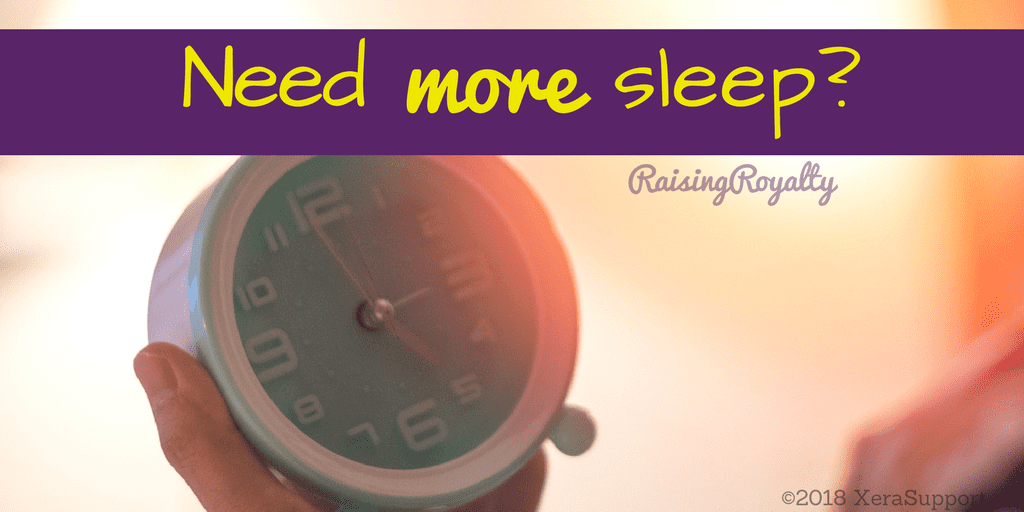 Are you a “night owl” or a “morning lark”?
Are you a “night owl” or a “morning lark”?
If you’ve ever used the terms “night owl” or “morning lark” to describe when you work best, what you are really describing is your circadian rhythm. Every creature on the planet has a circadian rhythm. This is what determines the cycles of wake and rest in our bodies. Some creatures are nocturnal, meaning they are most active at night. Some are diurnal, and they are active during the day. Our circadian rhythms dictate when and how well we sleep. So how does light affect your sleep? Our circadian rhythms are determined by light.
Circadian rhythm is biological
It is innate within our bodies. We are born with our natural cycle of sleep and wake, according to our genetic bio-clock. This clock tells our bodies when to release sugar into the blood stream, when to increase or decrease certain hormones, and even how quickly to breathe. Because of this, it can be hard to fight against the body’s instinctive rhythm.
Circadian rhythm is adjustable
As genetically pre-determined as our circadian rhythm is, science also shows we can adjust our rhythms deliberately. A classic example is “jet lag”, when we need to transition to a new time zone because of travel. We can get used to the new time zone pretty quickly, and many businesspeople do so frequently. Another example is a shift worker, whose shift changes from days, to nights, to afternoons. And in fact, we tend to adjust our natural body clock seasonally.
How do we adjust our circadian rhythms?
How does light affect your sleep? The key to circadian rhythm changes is light. Because we are daytime creatures, we’re attuned to light. We wake and grow more active as the light grows brighter. The degree of activity, whether you are a night owl or a morning lark, depends on your sensitivity to light.
Time for a quick science lesson here. Our bodies prepare for sleep by naturally producing a hormone called melatonin. Melatonin production increases in the afternoon and evening, and when it gets to a certain level, our brains slow down our metabolism and activity, causing feelings of fatigue and sleepiness. As we sleep, that melatonin level slowly decreases, increasing our sensitivity to light.
Melatonin and light have a complex relationship.
It’s known that certain kinds of light can help or hinder melatonin production. It’s also known that melatonin production can make us more or less sensitive to light. Melatonin is essential to helping our body clocks adjust to the seasonal and yearly changes in light. In fact, it’s so connected to light, especially through the light receptors in our eyes, that blind people frequently have to take melatonin supplements to help regulate their own circadian rhythm.
Light affects how well we sleep
How does light affect your sleep? The quality of light exposure you get every day affects your sleeping patterns. If you are a primarily indoors person, or live in a climate where you don’t get outside often for part of the year, you may find yourself being more sleepy and less awake, but feeling less rested at night. This is because our indoor lighting systems are a poor substitute for the natural light of the sun. Our bodies crave sunlight, just like a plant.
So if you find yourself sleepy in the morning, try a dose of sunshine before you reach for the coffee. And if you seem to be dragging around 3 o’clock, a brisk walk in the fresh air might just perk you up. Not only will the exercise get your blood pumping, but the exposure to the natural light will help with your circadian rhythm. As a bonus, the sunlight exposure you get when you do these things will help you sleep better at night.
What kind of light are you using?
Not only does the quality of light exposure affect your sleeping patterns, but the kind of light you are exposed to does as well. If you’ve heard the warnings to turn off the cell phone or computer screen long before bedtime, well, there’s a reason for it. Our continued long use of electronic screens exposes us to “blue light”. And this “blue light” suppresses melatonin production, and changes how easily and how well we sleep. That’s also why red light bulbs are recommended as night lights. Red light actually encourages melatonin production, and doesn’t interrupt our circadian rhythms.
Use light to help your body rhythms
So this means you can use light to your advantage. Even though you may have natural body rhythms that mean you are most creative in lower level or higher light level situations, you can use light exposure to help your own rhythms work for you, not against you.
 First, protect your sleep!
First, protect your sleep!
Science has said to turn off the blue light exposure at least 2 hours before bed. If you want to keep a good sleep routine, that means that you shouldn’t be on your computer, your phone or watching tv before you go to bed. Instead, try using low lamps and read, write, or even work on hobbies instead. Reading has the added benefit of being known to aid in relaxation.
Second, get your light dose daily!
These people that regularly go “tanning” may not be doing their skin a lot of good, but exposure to the UV lights may help their body rhythms. But instead of paying for the exposure, why not just get outside a little bit every day? Consider it similar to taking a vitamin supplement. You need exposure to sunlight daily, for a good night’s sleep.
Third, use light blocking tools!
Since light exposure can affect not only your ability to fall asleep, but how well you sleep, use light blocking tools in your bedroom. Get blackout blinds, turn off the lights, and you’ll sleep better in the quiet darkness. If the kids insist on a nightlight, use a red light bulb instead of a yellow or white light. And if you have any machines, such as fans, humidifiers or white noise machines that have those annoying LED lights, use tape to block the lights. Even those little pinpoints can affect how well you sleep.
Fourth, use light to help wake up!
Every morning, when I get my children up, one of the first things I do is open the blinds. That immediate exposure to natural daylight helps them wake up. It also helps improve their mood and get them active quickly. So before you grab your morning cuppa joe, try grabbing the curtains and fling them open first. Greet the day and get your daylight on.
Your natural circadian rhythm is light-sensitive
Whether you’re a night owl, a morning lark, or a midday jay, you are light sensitive. Our natural body rhythms are genetic, but light exposure can turn off or turn on the genes. So if you want to sleep better, work better, and feel better, use light to help support your circadian rhythm.

